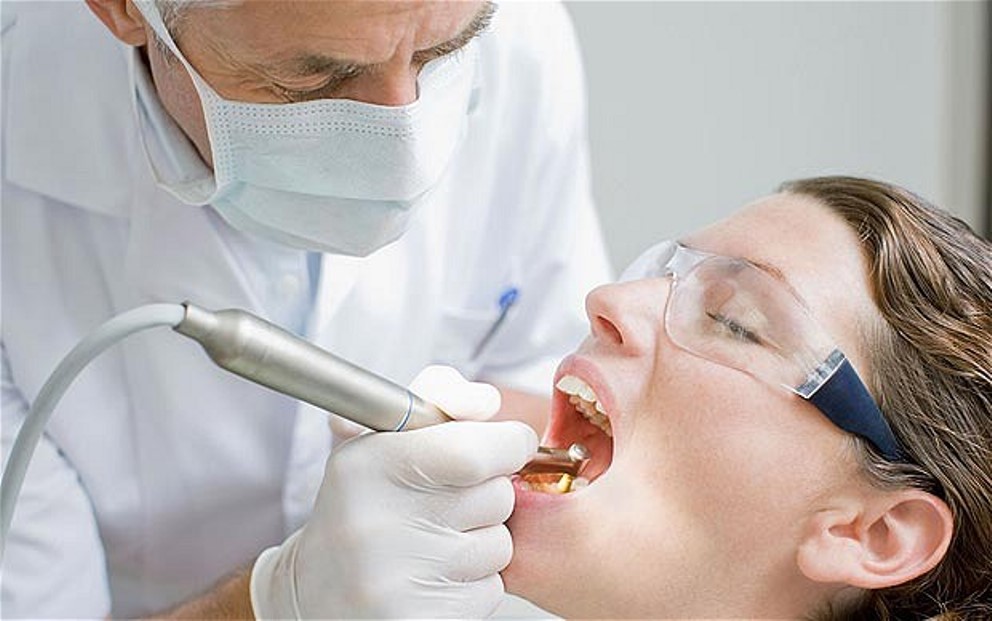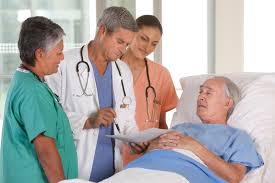 Bachelor of Naturopathy & Yogic Sciences
Bachelor of Naturopathy & Yogic Sciences The Department of Ayurveda, Yoga and Naturopathy, Unani, Siddha and Homoeopathy are abbreviated as AYUSH. AYUSH is a governmental body in India purposed with developing education and research in Ayurveda (Indian traditional medicine), Yoga, Naturopathy, Unani, Siddha, and Homoeopathy and other alternative medicine systems. Created in March 1995 as the Department of Indian Systems of Medicine and Homoeopathy (ISM&H), AYUSH received its current name in March 2003. It operates under the Ministry of Health and Family Welfare. The Department has been elevated to an independent Ministry w.e.f. 09.11.2014.
What is Naturopathy?
Naturopathy or naturopathic medicine is a form of alternative medicine employing a wide array of "natural" modalities, including homeopathy, herbalism, and acupuncture, as well as diet (nutrition) and lifestyle counseling. Naturopaths favor a holistic approach with non-invasive treatment and generally avoid the use of surgery and drugs. Naturopathic medicine contains many pseudoscientific concepts and its practice can be ineffective or harmful, raising ethical issues.
Much of the ideology and methodological underpinnings of naturopathy are based on vitalism and self-healing, rather than evidence-based medicine. Naturopathic education contains little of the established clinical training and curriculum completed by primary care doctors, as naturopaths mostly train by studying unscientific notions and practicing unproven interventions and diagnoses. Naturopaths tend to oppose vaccines and teach their students anti- and alternative vaccine practices, resulting in lower vaccination rates.
What is Yoga Therapy?
Yoga therapy is a type of therapy that uses yoga postures, breathing exercises, meditation, and guided imagery to improve mental and physical health. The holistic focus of yoga therapy encourages the integration of mind, body, and spirit. Modern yoga therapy covers a broad range of therapeutic modalities, incorporating elements from both physical therapy and psychotherapy.
Yoga therapy is a growing field and scientific evidence has begun to emphasize its efficacy. It is used to treat existing mental and physical health issues, but can also be used as a self-care strategy for prevention and maintenance.
Yoga therapy is well established as a treatment for depression and anxiety. A meta-analysis cited in the Primary Care Companion for CNS Disorders found that yoga therapy also shows promise for the treatment of posttraumatic stress (PTSD) and schizophrenia. Additionally, yoga therapists have begun to develop treatment modalities to suit children with autism.
About BNYS Course or Bachelor of Naturopathy & Yogic Sciences Course:
The Bachelor of Naturopathy and Yogic Sciences (BNYS) is a medical degree in India in the field of integrated naturopathy and yoga therapy. The curriculum is taught by several universities. The degree is of 5½ year’s duration, including 1 year internship after passing 12th with Science. The person having a BNYS degree can practice anywhere in India under different state medical councils.
Eligibility for BNYS (Bachelor of Naturopathy & Yogic Sciences) Course Admission:
Candidates who have passed Higher Secondary Course (Academic) or equivalent examination should have obtained the following marks in their qualifying examinations.
For Other Communities:
Minimum of 50% marks in aggregate in the Science subjects namely Physics, Chemistry, Biology or Botany and Zoology.
For Backward Classes:
Minimum of 45% marks in aggregate in the Science subjects namely Physics, Chemistry, Biology or Botany and Zoology.
For Most Backward Classes / Denotified Communities:
Minimum of 40% marks in aggregate in the Science subjects namely Physics, Chemistry, Biology or Botany and Zoology.
For Scheduled Caste and Scheduled Tribes:
Minimum of 35% marks in aggregate in the Science subjects namely Physics, Chemistry, Biology or Botany and Zoology.
Future Prospects after doing BNYS Course:
A BNYS doctor can work in following domains after completion of the degree.
What is Naturopathy?
Naturopathy or naturopathic medicine is a form of alternative medicine employing a wide array of "natural" modalities, including homeopathy, herbalism, and acupuncture, as well as diet (nutrition) and lifestyle counseling. Naturopaths favor a holistic approach with non-invasive treatment and generally avoid the use of surgery and drugs. Naturopathic medicine contains many pseudoscientific concepts and its practice can be ineffective or harmful, raising ethical issues.
Much of the ideology and methodological underpinnings of naturopathy are based on vitalism and self-healing, rather than evidence-based medicine. Naturopathic education contains little of the established clinical training and curriculum completed by primary care doctors, as naturopaths mostly train by studying unscientific notions and practicing unproven interventions and diagnoses. Naturopaths tend to oppose vaccines and teach their students anti- and alternative vaccine practices, resulting in lower vaccination rates.
What is Yoga Therapy?
Yoga therapy is a type of therapy that uses yoga postures, breathing exercises, meditation, and guided imagery to improve mental and physical health. The holistic focus of yoga therapy encourages the integration of mind, body, and spirit. Modern yoga therapy covers a broad range of therapeutic modalities, incorporating elements from both physical therapy and psychotherapy.
Yoga therapy is a growing field and scientific evidence has begun to emphasize its efficacy. It is used to treat existing mental and physical health issues, but can also be used as a self-care strategy for prevention and maintenance.
Yoga therapy is well established as a treatment for depression and anxiety. A meta-analysis cited in the Primary Care Companion for CNS Disorders found that yoga therapy also shows promise for the treatment of posttraumatic stress (PTSD) and schizophrenia. Additionally, yoga therapists have begun to develop treatment modalities to suit children with autism.
About BNYS Course or Bachelor of Naturopathy & Yogic Sciences Course:
The Bachelor of Naturopathy and Yogic Sciences (BNYS) is a medical degree in India in the field of integrated naturopathy and yoga therapy. The curriculum is taught by several universities. The degree is of 5½ year’s duration, including 1 year internship after passing 12th with Science. The person having a BNYS degree can practice anywhere in India under different state medical councils.
Eligibility for BNYS (Bachelor of Naturopathy & Yogic Sciences) Course Admission:
Candidates who have passed Higher Secondary Course (Academic) or equivalent examination should have obtained the following marks in their qualifying examinations.
For Other Communities:
Minimum of 50% marks in aggregate in the Science subjects namely Physics, Chemistry, Biology or Botany and Zoology.
For Backward Classes:
Minimum of 45% marks in aggregate in the Science subjects namely Physics, Chemistry, Biology or Botany and Zoology.
For Most Backward Classes / Denotified Communities:
Minimum of 40% marks in aggregate in the Science subjects namely Physics, Chemistry, Biology or Botany and Zoology.
For Scheduled Caste and Scheduled Tribes:
Minimum of 35% marks in aggregate in the Science subjects namely Physics, Chemistry, Biology or Botany and Zoology.
Future Prospects after doing BNYS Course:
A BNYS doctor can work in following domains after completion of the degree.
- General practice in clinics with minimum infrastructure; government and private hospitals
- National Rural Health Mission (NRHM) under AYUSH, in all states of India
- Academia, research or science in various government and non-governmental organizations
- Specialty clinics targeting individual disorders like obesity, stress, allergy, lifestyle, de-addiction, back pain, diet counseling, rehabilitation (medical, psychiatry and postsurgical)
- Stress management and lifestyle management consulting in corporate hospitals and holistic wellness centers
- Hospitality industry in India and abroad (as a spa manager)
- IT companies as well as the corporate sector
- A graduate can also opt for another degree after the BNYS, including the MD (Naturopathy-Clinical/ Yoga-Clinical/Acupuncture), MBA (Hospital Healthcare Management), MPH, MSc Health Sciences, MSc Nutrition, PhD and MSc Regenerative Medicine.
 RSS Feed
RSS Feed



